Q&A with Oleg Pavlov, CEO, Quadrum Global
Oleg Pavlov is CEO of Quadrum Global, an international real estate developer and investor focusing on value-add, repositioning and development opportunities for assets across a variety of sectors, including hospitality, land, multifamily and senior living.
By Leah Etling, Contributing Editor
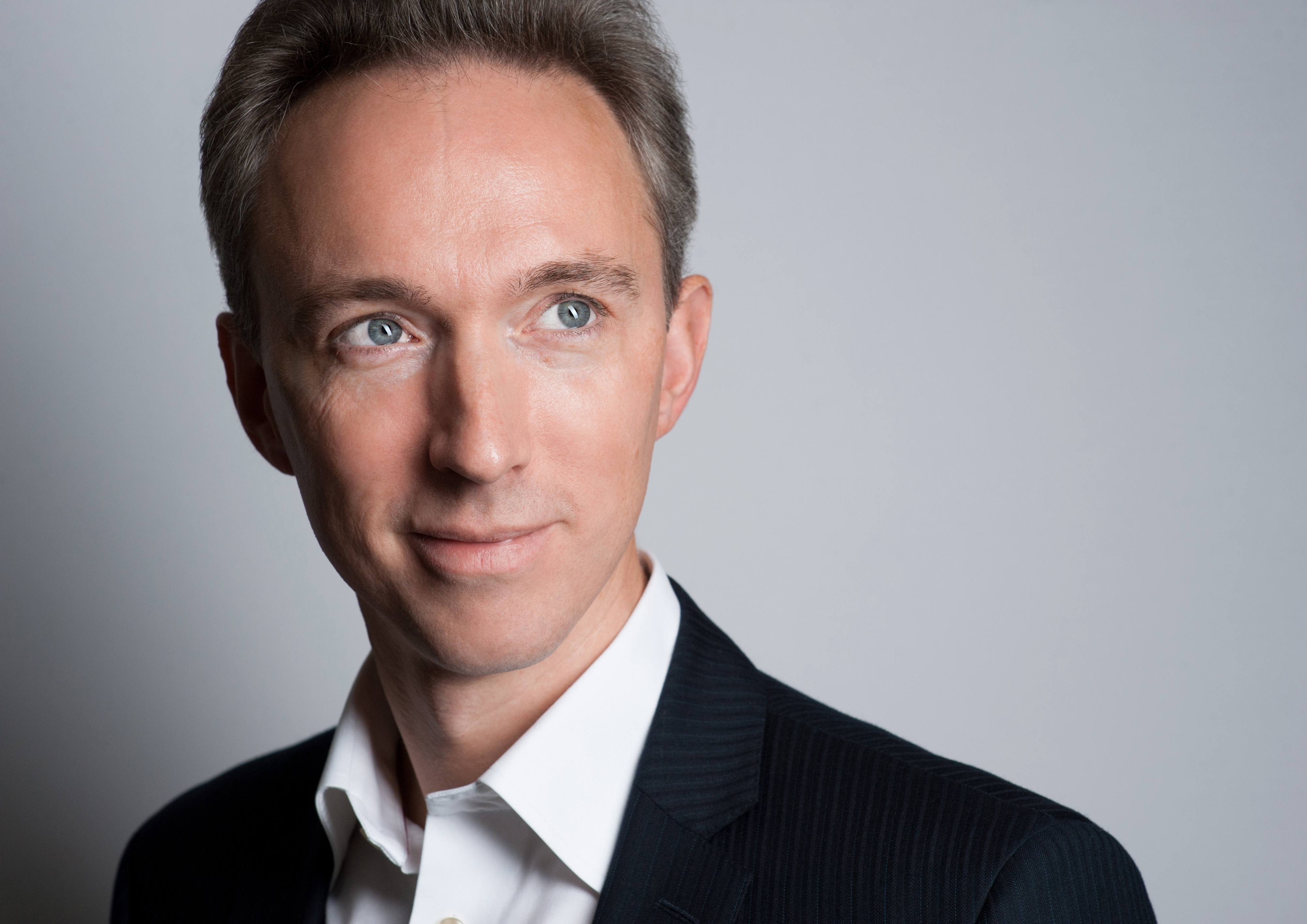 Oleg Pavlov is CEO of Quadrum Global, an international real estate developer and investor focusing on value-add, repositioning and development opportunities for assets across a variety of sectors, including hospitality, land, multifamily and senior living.
Oleg Pavlov is CEO of Quadrum Global, an international real estate developer and investor focusing on value-add, repositioning and development opportunities for assets across a variety of sectors, including hospitality, land, multifamily and senior living.
“We became active in the U.S. in 2009, right in the wake of the 2008 financial crisis. At the time our focus was squarely on non-performing loans and distressed hotels in several markets, particularly gateway locations in Florida, New York and Chicago,” Pavlov shared. Since then, Quadrum has sold off some of its Florida properties, and anticipates marketing the Chicago assets as well.
“Hotels require capital and superior management to maintain their competitiveness and typically become the most distressed in tough times. Conversely, this asset class is one of the quickest to respond to economic recovery,” Pavlov noted.
With the economic recovery, distressed opportunities became harder to find, and Quadrum has broadened its scope as a result. Multifamily properties in Manhattan, Queens and Brooklyn are now part of their portfolio.
Read on for more market insight from Oleg Pavlov.
CPE: What trends are you observing right now that are affecting the way you do business?
Pavlov: At the moment, we see very few attractive distressed opportunities. There is a lot of capital chasing after assets. Most properties that look cheap today are cheap for a reason. By way of a simplistic example, suppose you see an empty office in the middle of nowhere that somebody built with a lot of debt during the previous bubble. It may be very cheap, well below replacement cost, but it is doesn’t mean it is attractive. Generally speaking, attractive distressed opportunities in core markets dried up by the end of 2012. We remain bullish on the sector in general but have now shifted our focus towards fairly valued assets where we can add value through development or repositioning.
CPE: Describe a few of your current hotel projects in various markets?
Pavlov: In Florida, we were able to buy attractive assets in great locations well below replacement costs, for example our hotel Continental in Miami South Beach just opened after an extensive renovation under its historic name, the Nautilus.
In Chicago we acquired a busted hotel project that was half-finished by the current owner. Together with our local partners, we improved on the original design, completed the project and opened the property last year. The hotel is called Godfrey, and it has been incredibly successful.
The Manhattan hotel market was relatively resilient in the wake of the crisis, and it was tough to find existing properties at distressed prices. However, thanks in part to a lack of equity capital and financing available to developers, we were able to acquire attractive land sites that existing owners just couldn’t get off the ground. Next year we are opening two of those hotels, one on 31st St and Madison and another one in Soho, on Renwick Street, just off Hudson Square.
CPE: When it comes to repositionings, what attributes do you look for in the asset before committing to investment?
Pavlov: When looking for distressed or value add opportunities we always identify solid assets in good locations that are mispriced because of their ownership. Sometimes owners have to sell assets in a hurry for internal reasons (such as an internal dispute or liquidity issues) or simply because they lack human or financial resources to add any further value. We call them “orphan assets.” All of our hotel acquisitions in Florida in 2009-2012 fall into this category. They were sold by receivers or funds in liquidation where principals didn’t have the capital or the mandate to carry these assets and wanted them “off the books and out of mind.” We, however, had equity and were prepared to roll-up our sleeves.
So basically we want to check one if not all of three major boxes: No. 1, if the owner is under the clock to sell whereas we can take a longer term view, so in essence what we bring to the table is time. No. 2, if the owner doesn’t have to capital to develop a property – whereas we can bring equity capital and financing to the table. And No. 3, if the owner lacks management or human resources whereas we believe we can bring additional expertise thanks to our in-house resources or one of our local partners.
Financially, we are very focused on our cost basis and future cash flows. We would use very conservative leverage assumptions when underwriting opportunities and will often acquire sites all-cash. Projects always take longer than one expects and the worst thing for an owner or developer is to be ‘on the clock’ with expensive financing and restrictive covenants. We are prepared to take a longer view but want to make sure our entry point is attractive without relying on leverage.
CPE: You’ve sold off your hotel properties in Florida, reasoning behind that? And reason for retaining the Chicago properties?
Pavlov: We sold some assets in Florida, such as our hotel in Fort Lauderdale and several assets on the West Coast. However, we remain active in Miami and Southwest Florida and are generally bullish on the state. We are value-add investors. Once we have redeveloped or repositioned the property and achieved stable cash flow our job is done. The asset is de-risked and becomes more attractive for institutional investors. In Chicago, we will also be sellers at some point but we are not there yet as we believe we can add more value to our properties. In New York, we have many projects still under construction so it’s still early there for us, relatively speaking.
CPE: From hotels to residential to senior living, you’re involved in a variety of verticals. Which is most interesting to you and why?
Pavlov: As I said earlier, hotels were more of a distressed cycle strategy for us, which is less of a focus at this stage. We like residential in cities like New York and Chicago, at this point in the cycle, since we believe that the economy is going to remain relatively robust in the coming years and those cities are huge urban engines with job growth. We have also entered the senior-living sector with our first acquisition of a site in Fort Myers, Florida earlier this year. We’ll be building a highly amenitized retirement community there. I find this sector very attractive due to demographics across the country but we are focusing exclusively on Florida because that’s where we have a capable team. Based on our experience in both residential AND hotel development, I hope we can contribute to senior living sector by bringing a high-quality service element to a traditionally more residential-let market.
As for the different verticals in the U.S., we don’t do offices, retail or logistics. Each of these sectors has its own dynamics and challenges. How will future offices look? What impact will new work practices have on office space? How will online retail affect traditional shopping malls and department stores and corresponding logistics sector in the long run? The industry has been talking about this for years and years, and I’m not sure anyone has a definitive answer to these questions. We certainly don’t. But one thing we do know: As we continue to create wealth in this country and as people go through different stages in life, they will always strive to improve the quality of their living spaces no matter where they are, whether it’s a New York apartment where they work, a hotel room on the beach during a holiday break or in a retirement home. All of our verticals have one underlying premise – creating new, comfortable and welcoming environments for modern living.
CPE: What do you anticipate the market has in store for the next year or so? There’s some apprehension about things slowing down – are you anticipating that?
Pavlov: We are already seeing a slowdown in transactions. There is no systemic distress; the market is flush with capital and sellers’ expectations are very high. At the same time, smart developers, especially those who were able to get into the market in the early stages of the cycle, are now becoming cautious. They shy away from today’s prices and focus instead on developing and de-risking what they already have. In addition, increasing volatility outside the U.S., particularly in Europe, Latin America and other emerging markets coupled with a structurally strong dollar are dampening the appetite of overseas buyers. I’m not saying that the appetite is no longer there, but buyers are more selective and taking more time to evaluate opportunities. Many are saying: “Why do I have to buy now vs six months later? What is going to happen?”
There is no immediate impetus to act at these prices. Things are not cheap and there little reason to jump into a deal today as opposed to waiting a few more months. Despite the most recent dovish decision by the Fed, everyone is trying to factor in the inexorable increase in interest rates that might expose weaknesses in the market.
Some people are starting to call this the end of a cycle, following a five-year run. I’m not so sure. We see a market plateau or consolidation at a new level as sellers adjust their expectations in the face of more savvy buyers and rising interest rate expectations. Unrealistically priced assets will be tough to move. However, I don’t see a fundamental reason for any significant drop in prices but rather a mid-cycle slow-down. There is still not that much leverage in the system, and the lenders currently active in the market still remember 2008, so they are being reasonably rigorous in their underwriting.
CPE: Given that analysis, what are you doing to prepare?
Pavlov: A new distressed cycle is probably many years away. However, in any market, there are “accidents” and people getting into trouble. We are strengthening our acquisition team to be able to spot these opportunities and act confidently when they come up. In addition, we are growing our in-house development and asset management team so that we can creatively add value to our portfolio at every stage of development, from re-zoning to design and architecture to construction and marketing.


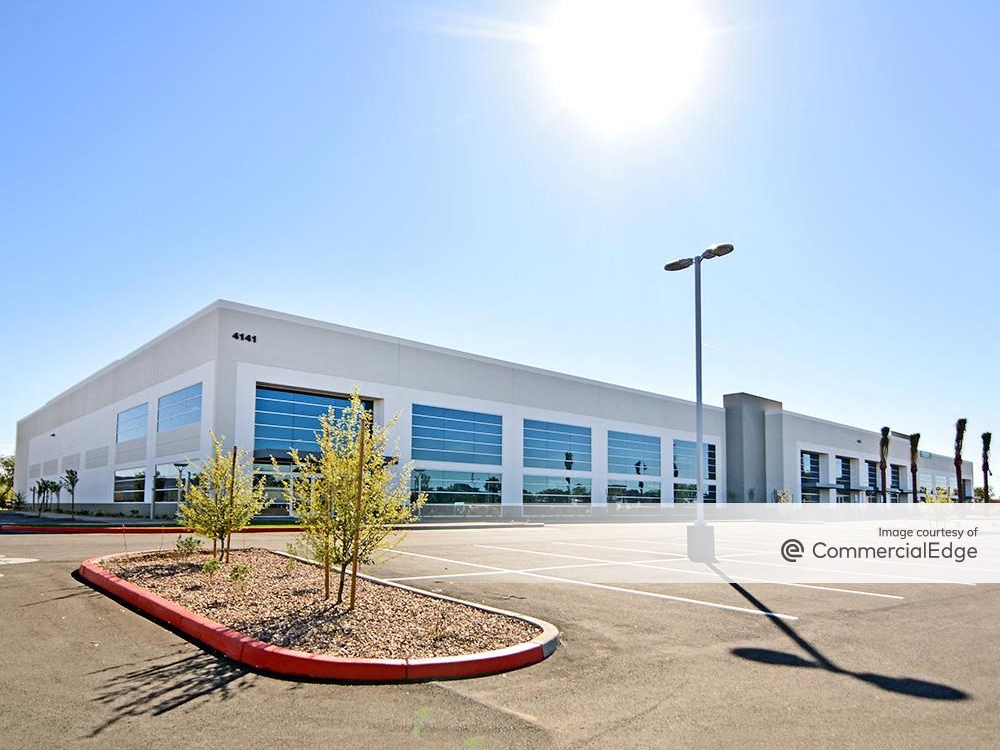

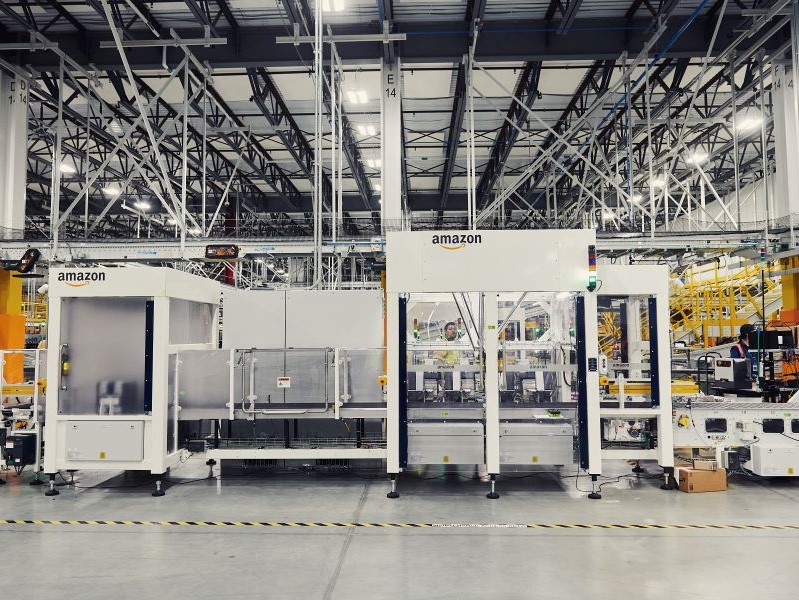
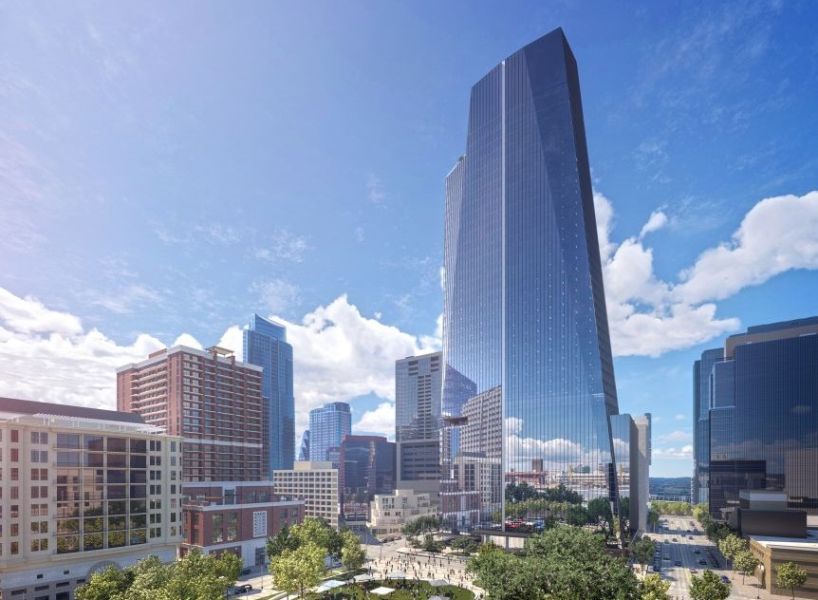
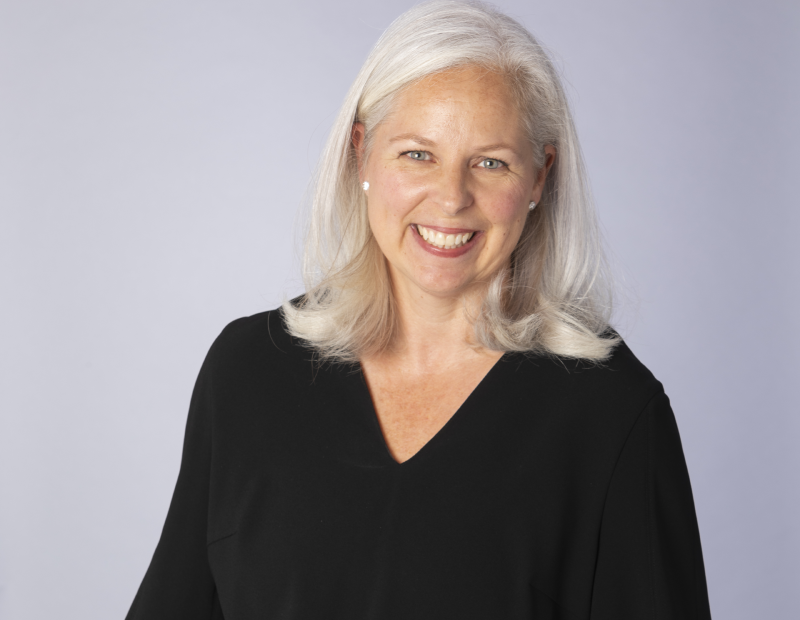
You must be logged in to post a comment.